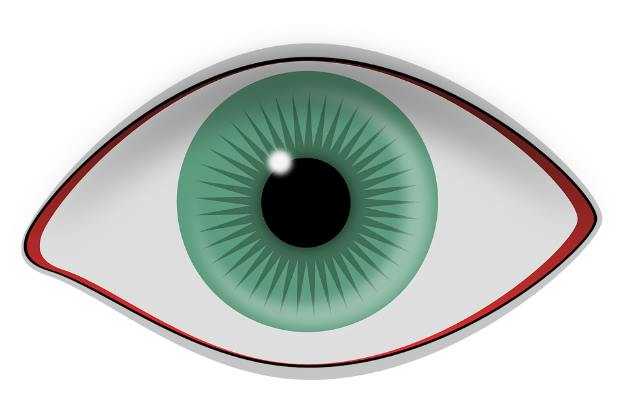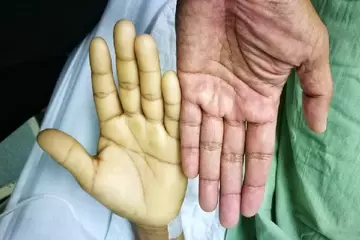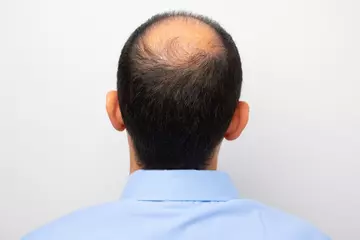What are eye disorders?
Eye disorders a term collectively used to denote the problems associated with different parts of the eye. Dry eyes, conjunctivitis, glaucoma, macular degeneration, diabetic retinopathy, cataract, weakening of eyesight, crossed eyes, lazy eye and loss of vision are common eye disorders.
What are its main signs and symptoms?
The following signs and symptoms suggest that you are suffering from an eye disorder:
- Red and swollen eye.
- Itching and discharge from the eye.
- Grittiness and irritation in the eye.
- Weakened vision.
- Pain in and around the eye.
- Hazy, blurred or double vision.
- The appearance of spots in the field of vision- i.e., floaters.
- Changes in the iris colour.
- Sensitivity to light.
- Loss of vision.
- A sensation of a curtain being pulled over the eye.
What are the main causes?
Eye disorders can be due to various reasons. The main causes of eye disorders are as follows:
- Infection caused by bacteria, fungi, viruses or parasites.
- Injury to the eye or parts of the eye.
- Disease conditions, such as diabetes, hypertension and autoimmune conditions like rheumatoid arthritis and Sjogren’s syndrome.
- Excessive strain on the eyes.
- Deficiency of vitamin A.
- Genetically inherited diseases.
- Allergies.
- Prolonged medication.
- Ageing.
How is it diagnosed and treated?
You must go for eye examinations at least once a year. Eye examinations can help in diagnosing the underlying cause of the signs and symptoms. The diagnosis of eye disorders can be done by the ophthalmologist in the following ways:
- Examination of the eyes.
- Refraction and Snellen tests to check for problems with visual acuity such as near- and farsightedness.
- Visual field testing.
- Goldmann’s perimetry and Amsler’s grid to check peripheral and central vision, respectively.
- Fundoscopy to see the fundus (interior surface) of the eye.
- Tonometry to measure ocular pressure.
- Ishihara colour plates to check for colour blindness.
The treatment for eye disorders depends upon the severity of the condition. Here are the eye treatments that are currently available:
- Correction of vision using eyeglasses, contact lenses or by laser treatment.
- Non-medicated eye drops or eye gels to lubricate dry eyes.
- Medicated eyedrops to treat allergies, glaucoma and eye infections.
- Laser treatment in cases of diabetic retinopathy.
- Surgical intervention to treat cataract and retinal detachment.
- Photodynamic therapy to manage macular degeneration.
- Omega-3 fatty acids and nutritional supplements for the treatment of dry eyes.
Some lifestyle changes can help you keep eye disorders at bay; eat healthy and vitamin-rich foods, quit smoking, keep blood sugar levels in control, protect eyes with sunglasses, use safety goggles while working and give your eyes adequate rest. In the case of prolonged or recurring symptoms, visit your ophthalmologist for advice.

 Doctors for Eye Disorders
Doctors for Eye Disorders  OTC Medicines for Eye Disorders
OTC Medicines for Eye Disorders



















